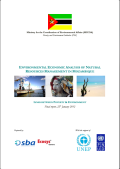
This report indicates the value of the environment and of the use of natural resources and their importance for the economy of Mozambique.
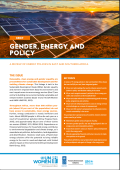
This review of 15 energy policies in East and Southern Africa shows that over half (60 percent) have integrated gender. This brief follows up on the recommendation made by the working paper by conducting an initial review of gender integration in energy policies in East and Southern Africa. To this end, it reports on the results of an analysis of national energy policies and strategies in the region.
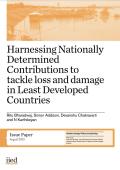
This paper provides an analysis on how LDCs are reporting loss and damage in their Nationally Determined Contributions and National Adaptation Plans, identification of gaps or issues in coverage, and a suggestion for a framework that address these gaps.
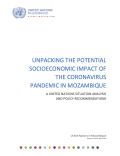
As the technical lead for the socio-economic response, UNDP and its country offices worldwide are working to assess the socio-economic impacts of the COVID-19 pandemic on economies and communities. This report contains the preliminary findings of the socio-economic assessment conducted for Mozambique.
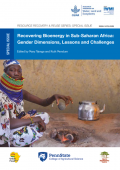
This publication focuses on the management of the nexus of energy, food and natural resources in sub-Saharan Africa, with a clear focus on gender roles and implications. It presents case studies that showcase a range of options available to improve biomass use, especially in locations and among populations who currently depend on conventional fuels like firewood or charcoal. Although many of these options are context specific, the provided examples demonstrate that generalizable options exist to improve energy access, reduce waste, protect our soils and empower women.
